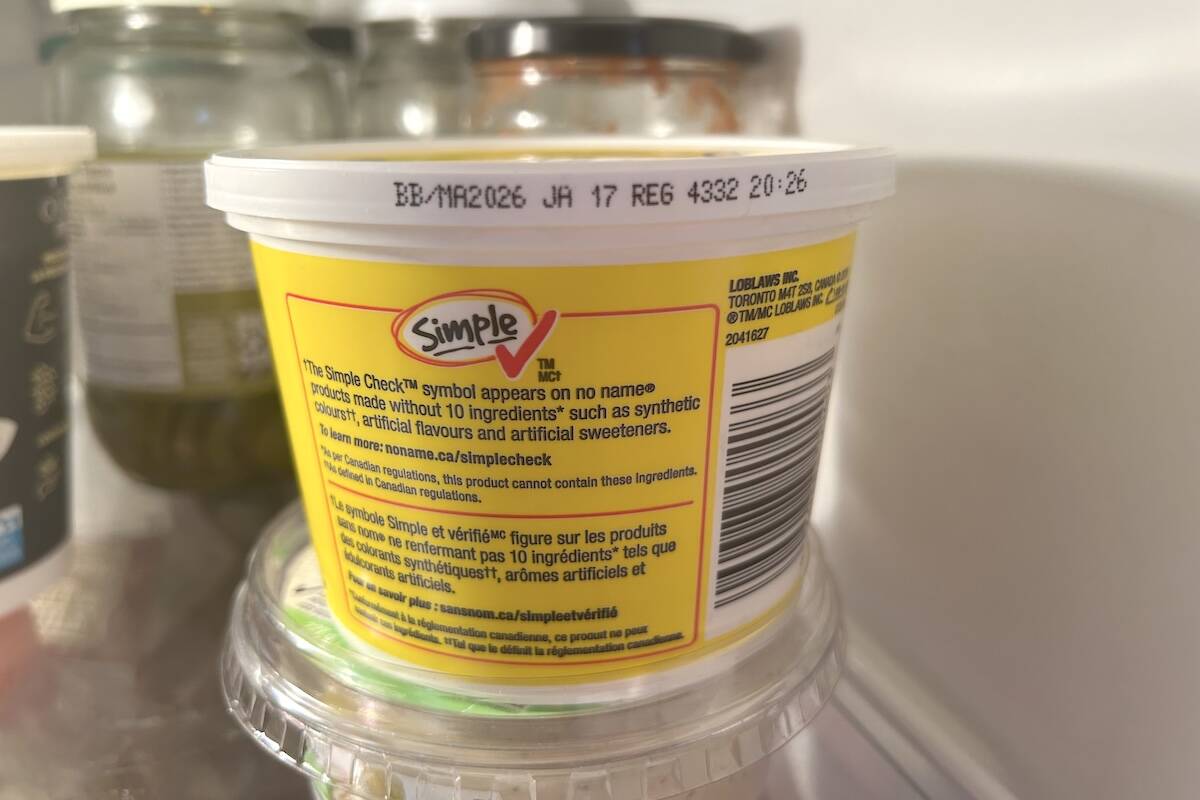Reuters – Scotch whisky maker Glenfiddich has begun converting its delivery trucks to run on low-emission biogas, made from waste products from its own whisky distilling process, as part of a “closed loop” sustainability initiative, the company announced in late July.
Glenfiddich said it has installed fuelling stations at its Dufftown distillery in northeastern Scotland that use technology developed by its parent company, William Grant & Sons, to convert production waste and residues into an ultra-low carbon fuel (ULCF) gas, which produces minimal carbon dioxide and other harmful emissions.
Read Also

Best before doesn’t mean bad after
Best before dates are not expiry dates, and the confusion often leads to plenty of food waste.
Stuart Watts, distillery director at family-owned William Grant & Sons, said Glenfiddich has traditionally sold off spent grains left over from the malting process to be used for a high-protein cattle feed. But through anaerobic digestion — where bacteria break down organic matter to produce biogas — the distillery can also use liquid waste to make fuel and eventually recycle all of its waste products this way.
“The thought process behind this was, ‘What can we do that’s better for us all?’” Watts said.
The distiller, which sells more than 14 million bottles of single-malt whisky a year, said its waste-based biogas is already powering three specially converted trucks that transport Glenfiddich spirits from production at Dufftown, through to bottling and packaging.
The trucks themselves are converted vehicles from truck maker Iveco, which normally run on liquefied natural gas.
Each truck will displace up to 250 tonnes of carbon dioxide annually, Glenfiddich said.
The distiller estimates the biogas cuts carbon dioxide emissions by over 95 per cent compared to diesel and other fossil fuels, and reduces other harmful particulates and greenhouse gas emissions by up to 99 per cent.
Watts said Glenfiddich had a fleet of around 20 trucks. The technology could be applied throughout the delivery fleets of William Grant & Sons’ whisky brands and could be scaled up to fuel other company’s trucks, he said.
The Scottish whisky industry hopes to hit carbon net-zero targets by 2040.















